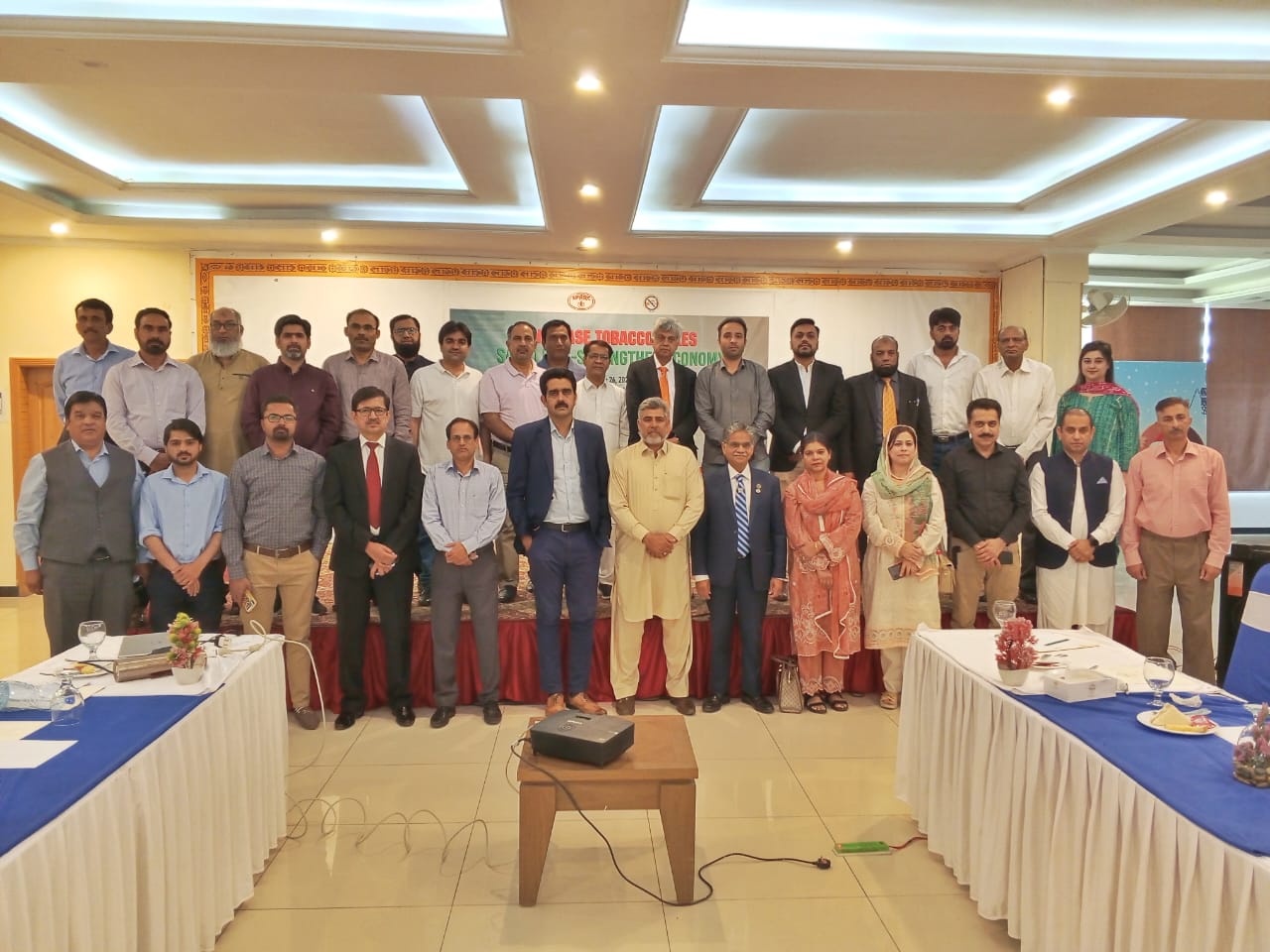|
Getting your Trinity Audio player ready...
|
The maiden visit of Chief of Army Staff (COAS) Gen Syed Asim Munir to the Kingdom of Saudi Arabia (KSA) and United Arab Emirate (UAE) is significant because of its timing and tradition.
Living up to tradition, he chose Kingdom of Saudi Arabia (KSA) as the first country to visit after assuming office. His official trip started on January 4 and was concluded on January 10.
His predecessor Gen. Qamar Javed Bajwa also opted to visit the Kingdom as his first foreign destination. The Kingdom is usually the top priority for state heads and army chiefs in Pakistan and Gen. Munir upheld it.
The COAS went to the KSA at a time when Pakistan was facing two big problems. First, it was having economic challenges and analysists were making assessments about its potential default. Second, the country is facing violence from Afghanistan.
Gen. Munir is a military professional and it defines his area of interest. His professionalism was reflected in the statement that Saudi Minister of Defense Prince Khalid bin Salman bin Abdulaziz has made.
He said, “We emphasized the strategic partnership between our brotherly countries, reviewed the bilateral military and defense relations, and discussed ways of strengthening our cooperation.”
Pakistan army has a role to play in training and strengthening Saudi army. Regular drills, especially in the Arabian Sea, take place. Former COAS Gen (R) Raheel Sharifis leading the Saudi coalition army in Yemen conflict. The Kingdom is also a big job market for retired military personnel.
But this is not all. Prince Khalid is very powerful minister and is royal blood. The significance of his statement can be set off more by the fact that he was among the few who accompanied Crown Prince Muhammed bin Salman (MBS) in his meeting with the COAS.
In an unusual move, MBS hosted the COAS in his tent. The two discussed relations between their countries. Pakistani ambassador was also present in the tent.
When decision-makers of two countries sit together, they also talk about a third country or the region. The third country of interest for the Kingdom and Pakistan is Afghanistan now that Iran has melted into the background.
Only recently, the Kingdom has condemned acts of Taliban thrice and issued a caution to its citizens in Pakistan to be careful of threats. The COAS has not yet concluded his visit when an attack on the Foreign Ministry of Afghanistan was carried out in Kabul, leaving five people dead.
Unequivocally, the Kingdom condemned the attack, expressing “complete rejection of all forms of violence, terrorism and extremism”. It expressed “solidarity” and “condolence” to Afghan people.
The OIC has also condemned the attack but other Muslim countries, including Pakistan, are taking these developments as routine matter. This is the strategic area where the Kingdom needs Pakistan to stand firm. Since Taliban sat in Doha to have talks with the world, the Kingdom has distanced itself from them.
MBS and former US President Donald Trump were very close. Both these leaders shared a view to pull the allied forces out of Afghanistan. Pakistan, then under the leadership of Prime Minister Imran Khan, backed the Kingdom at that time and helped the US get its forces out.
In post-Trump era, however, relations between the Kingdom and the US are strained on multiple counts. Both these heavyweights are running in opposite directions at different platforms.
This strain brought the Kingdom closer to China and Chinese president received a 21-gun salute at Riyadh airport recently. China does not have much problem with Taliban ruling Kabul and it misses hardly any opportunity to grill the US for what it did in Afghanistan.
Now that the context of the strategic cooperation between the KSA and Pakistan is a bit clear, we could say that Pakistan is in no position to leave Afghan Taliban unaccounted for. If the Kingdom has limited its interaction with Taliban, it surely needs a channel of communication with them.
Pakistan army had started containing influence of Taliban on its territory despite fierce resistance before the COAS’s visit.It shows that the COAS already had this on his to-do list and the days to come will show us if there is a change in this strategy or not. All eyes are fixed on Afghanistan to receive their reaction.
Apart from strategic, economic aspect of the COAS’s visit is also of paramount importance. There is no question about the economic precipice on which the country is standing now. All through the history, either the US or the Kingdom had always appeared to be a big help at the time of such crises.
The US has given extensively to Pakistan in terms of aid to cope with the floods. But Dr. Abdel Aziz Aluwaisheg, assistant secretary-general for political affairs and negotiation at Gulf Cooperation Council (GCC), points out in Arab News that the Kingdom and Jeddah-based Islamic Development Bank account for half of the $11 billion made in Geneva for Pakistan.
In the run-up to the COAS’s visit, the Kingdom announced setting up of Pak-Saudi Technology House, whose headquarters will be in Riyadh and first branch in Lahore. It followed the statement that Crown Prince Muhammed Bin Salman (MBS) has intended to plan mega investment in Pakistan.
The Saudi Embassy in Pakistan had also announced $40 million for International Islamic University Islamabad recently. Exact evaluation of the Saudi contribution in our economy is not possible because there are many grey areas in transfer of funds and their utilization.
Back home, media was also full with the reports that doors of Kaaba were opened for the general who offered prayers inside the holy place. It is hoped that results of Gen Munir’s visit to the Kingdom will be manifested in the shape of peaceful border with Afghanistan and increase in economic activity.
Author Profile

Latest entries
- February 9, 2025ExecutionCapital Calling and Dr. Hassan Shehzad’s change-making activism for tobacco cessation
- January 7, 2025Clean & GreenReported misconduct of Vital Strategies, CTFK comes as a shock
- May 29, 2024Business & TradeCapital Calling denounces illicit trade, demands tax raise on tobacco
- May 26, 2024Listening PostCall to increase tobacco tax to counter smoking



